Balancing the developed and developing worlds
Updated: 2016-09-03 07:50
By Zhang Fei(China Daily)
|
||||||||
Major economic and financial affairs have topped the agenda of the past ten G20 Summits. They will also top the agenda of this year's summit in Hangzhou on Sept 4-5 and help silence the emerging anti-globalization forces.
Determined to strengthen coordination on international macroeconomic policies, level the playing field for all economies, and rebuild trust between the West and the emerging markets, the multinational bloc is now a leading platform for global economic governance, with the G7/G8 losing its magic.
After the United Kingdom's exit from the European Union and the rise of trade protectionism in some Western economies, globalization seems to be losing its charm for many, especially when it comes to economic integration.
The anti-globalization movement is a result of the consequences of globalization, especially the 2008 global financial crisis. In fact, globalization has not only widened the income gap between the haves and have-nots, but also marginalized many developing countries. And thanks to the global financial crisis, many economies have raised trade barriers higher and resorted to protectionism, leading to public resentment against foreign investment and immigrants in the West.
That developed economies are taking the lead in the anti-globalization campaign - Brexit for example - should make the international community reflect on the disorder and imbalanced development that globalization has brought about.
The rise of trade protectionism has hampered the flow of capital, technologies and human resources, casting a shadow over sustainable global growth. Donald Trump, the Republican presidential candidate, has said he, if elected to the US' highest office, would impose tariffs as high as 45 percent on Chinese goods. Worse, his endorsement of trade protectionism and tariff barriers has gained wide support at home and abroad.
Hopefully, the Hangzhou G20 Summit will offer a way to solve the problems with globalization in the light of cross-border investment.
Comprising 19 developed and developing economies and the European Union, the G20 accounts for 85 percent of the world economy, 75 percent of world trade and two-thirds of the global population. It has played a significant role in accelerating global economic recovery and boosting investment and trade exchanges.
Investment is a major indicator of the global economy's health, and higher investments could potentially end the ongoing economic stagnation. But despite the signing of more than 3,300 multilateral and bilateral investment deals, the implementation has remained fragmented due to the lack of universal investment rules and mechanisms. The main cause of this investment dilemma is the diverse pursuits of developed and developing economies. Being a major exporter of capital for long, the West demands free entry into emerging markets, while developing countries often consider supervision of foreign capital more important.
In this context, the G20 Guiding Principles for Global Investment Policymaking, released in July as the first framework for multilateral global investment rules, should be able to strike a balance between the two sides. The framework highlights the need to abandon trade protectionism and advocates inclusive growth, while leaving enough policymaking room for governments to manage foreign investments in their countries.
Should the framework come into effect, it will add to the momentum of G20's pursuit of "inclusiveness, implementation, and investment for growth".
The author is an associate researcher at the Chinese Academy of International Trade and Economic Cooperation, Ministry of Commerce.
- Rousseff appeals impeachment to Supreme Court
- Europeans displeased with their education systems
- Singapore Zika cases top 150; China steps up arrivals checks
- Artists respond to 9/11 attacks in new exhibit
- Rocket explodes on launch pad in blow to Elon Musk's SpaceX
- Record number of Americans dislike Hillary Clinton: poll
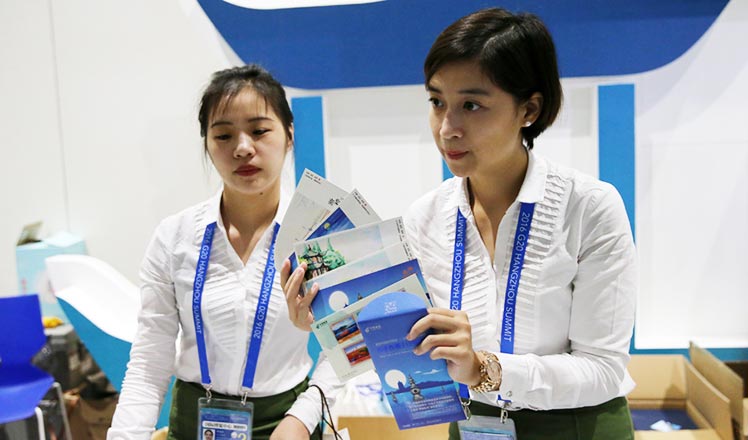
 Commemorative G20 stamps a hit at media center
Commemorative G20 stamps a hit at media center
 Ten photos from around China: Aug 26- Sept 1
Ten photos from around China: Aug 26- Sept 1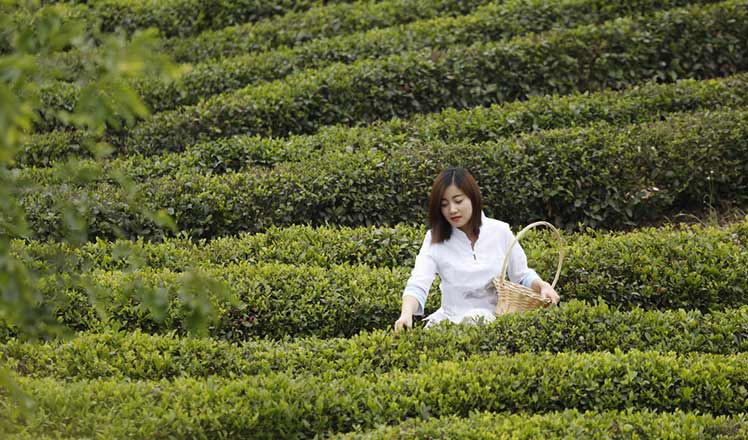
 Hangzhou: Paradise for connoisseurs of tea
Hangzhou: Paradise for connoisseurs of tea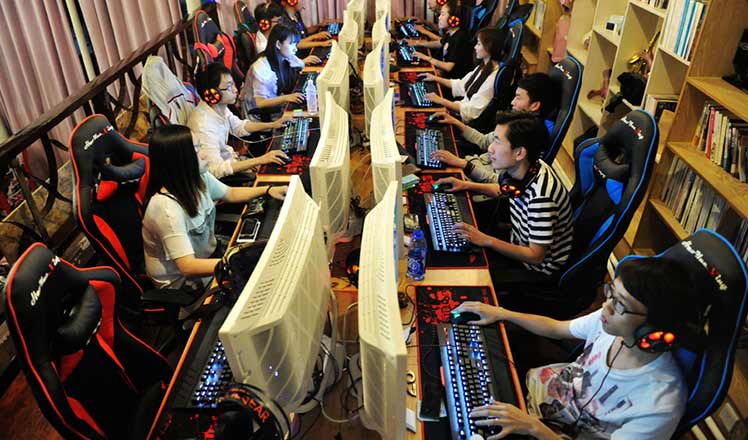
 Top 10 trends in China's internet development
Top 10 trends in China's internet development
 Childhood captured in raw, emotive black and white
Childhood captured in raw, emotive black and white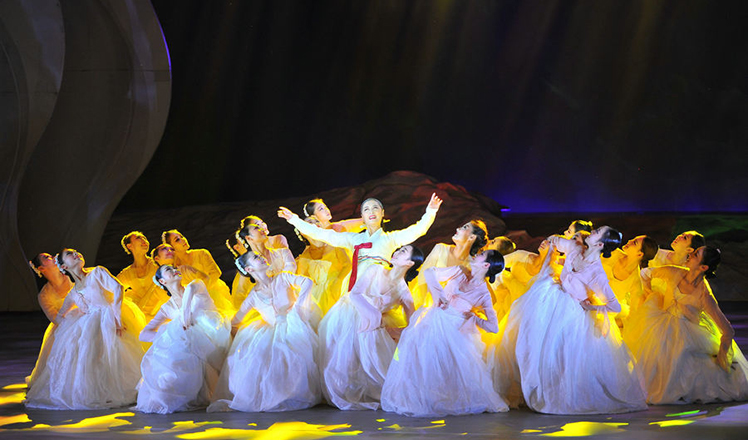
 Korean ethnic dance drama shines in Beijing
Korean ethnic dance drama shines in Beijing
 Children explore science and technology at museum
Children explore science and technology at museum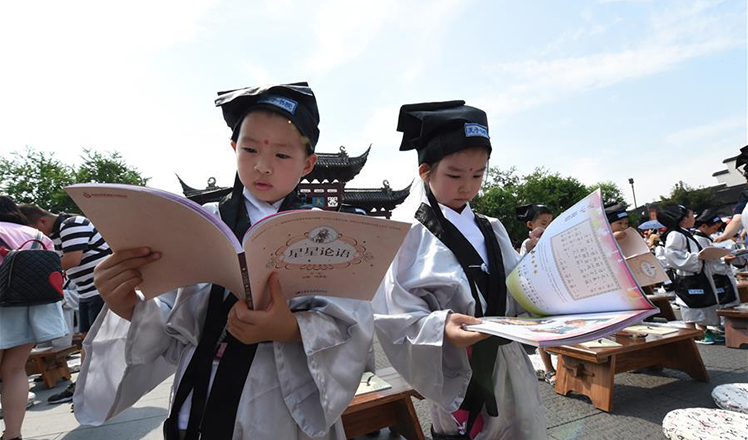
 Children wearing Hanfu attend writing ceremony
Children wearing Hanfu attend writing ceremony
Most Viewed
Editor's Picks

|

|

|

|

|

|
Today's Top News
Trump outlines anti-terror plan, proposing extreme vetting for immigrants
Phelps puts spotlight on cupping
US launches airstrikes against IS targets in Libya's Sirte
Ministry slams US-Korean THAAD deployment
Two police officers shot at protest in Dallas
Abe's blame game reveals his policies failing to get results
Ending wildlife trafficking must be policy priority in Asia
Effects of supply-side reform take time to be seen
US Weekly

|

|








